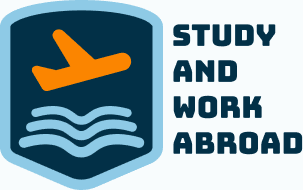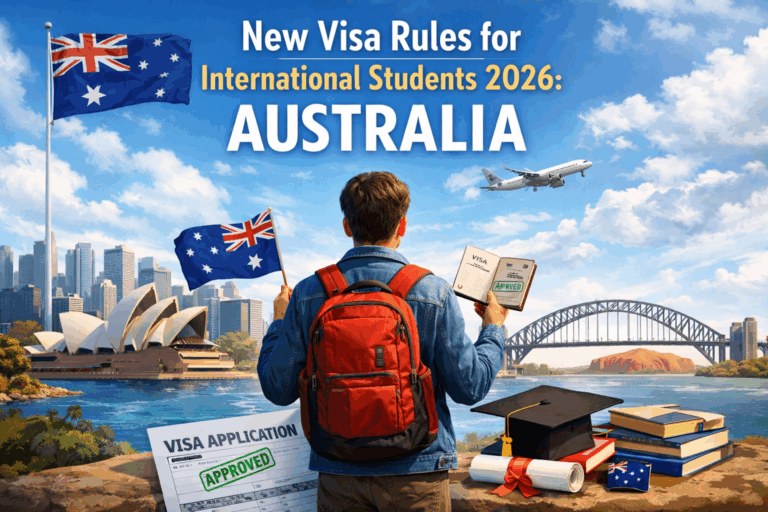Call Us:+91-9920234749, +91-9833420909 info@studyandworkabroad.in
Latest Canadian Immigration Updates for International Students: What You Need to Know
Canada continues to remain a top destination for international students, but recent policy updates are set to impact those looking to study, work, and settle in the country. As of 2024, the Canadian government has introduced several changes regarding caps on student visas, post-study work opportunities, and spousal visa policies. Here’s a detailed breakdown of the key updates:
1. New Cap on Student Visas for 2025 and 2026
One of the major announcements revolves around a reduction in the cap for student visas for the academic years 2025 and 2026. The Canadian government has introduced a 10% cap for these years. However, this change is unlikely to make a significant impact since the student visa numbers in 2023 and 2024 were already below the targeted 437,000 visas.
What’s important to note is that for the first time, master’s degree programs have been brought under the cap system. From 2025 onward, a 12% cap has been set specifically for master’s degree students. While 12% may seem restrictive, the actual intake numbers are relatively low, which means that students pursuing master’s degrees will still have ample opportunities to apply for visas. This change is more of a formal adjustment and is not expected to drastically impact those planning to pursue master’s programs in Canada.
2. Spousal Visa Support for Master’s Degree Students
A significant update for international students studying in Canada is related to spousal visas. Students enrolled in master’s programs that are 16 months or longer will now be able to sponsor their spouse on a work visa. Most master’s programs in Canada are 16-24 months long, so this update applies to the majority of master’s degree students.
This policy change will provide more flexibility for students wishing to bring their families along during their studies in Canada, further enhancing Canada’s attractiveness as a destination for international education.
3. Post-Graduation Work Permit (PGWP) Updates
Another major announcement relates to post-graduation work permits (PGWP). Canada will continue to issue the three-year post-study work visa for students completing bachelor’s and master’s degrees. However, a critical update has been introduced for students pursuing college diplomas.
Moving forward, college diploma graduates will only be eligible for a three-year post-study work permit if they have completed a program in one of five high-demand fields:
- Agriculture and Agri-foods
- Health Care
- Science, Technology, Engineering, and Mathematics (STEM)
- Skilled Trades
- Transportation
This is a significant change, as many college diploma programs were previously eligible for the three-year work visa. Students considering college diplomas now need to be strategic about choosing programs that fall under these high-demand sectors if they wish to benefit from the PGWP.
4. English Language Requirement for PGWP
The final update concerns the English language proficiency requirement for post-study work permits. Students must now have a Canadian Language Benchmark (CLB) level 7 to be eligible for the PGWP. While this may seem like a new hurdle, it’s worth noting that students already need a CLB 7 or higher when applying for their initial student visa to study in Canada, especially for master’s programs.
Therefore, this language requirement is not expected to pose a significant challenge for international students already meeting the visa application requirements.
Conclusion: What Do These Changes Mean for Prospective Students?
Although these updates might seem concerning at first glance, they are not expected to drastically affect students planning to pursue higher education in Canada. The introduction of a cap system for master’s degree visas and the new spousal visa rules offer more structure and clarity for applicants. Students considering college diplomas, however, will need to carefully choose programs in high-demand fields to secure a PGWP.
Canada remains an attractive destination for international students, with its high-quality education, strong economy, and post-graduation opportunities. For those who align their education choices with the new requirements, Canada continues to offer excellent pathways for studying, working, and settling in the country.
If you’re interested in applying to study in Canada, get in touch with Study and Work Abroad to ensure a smooth and successful application process.



